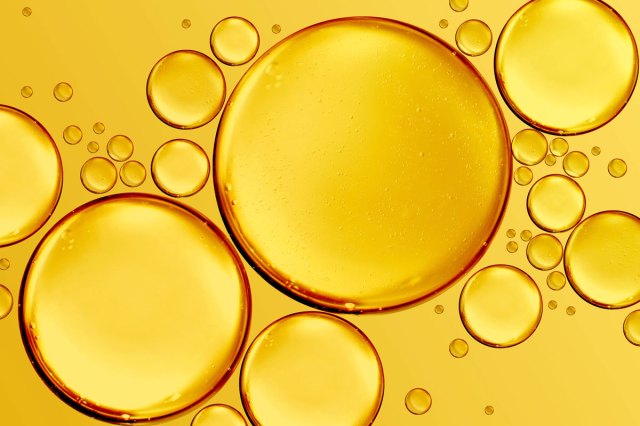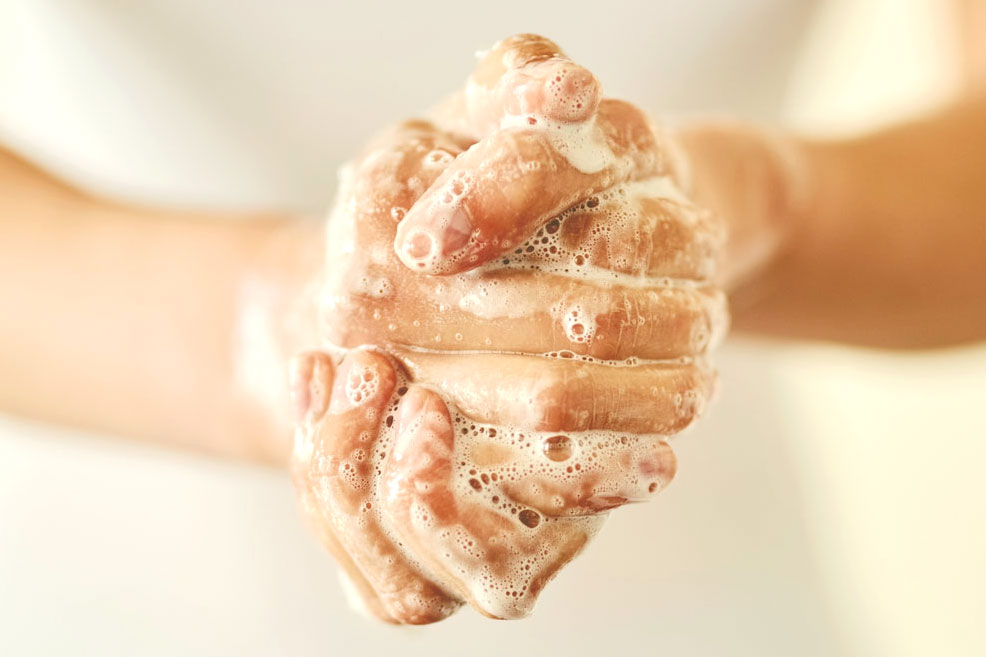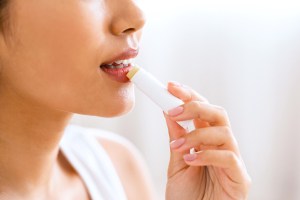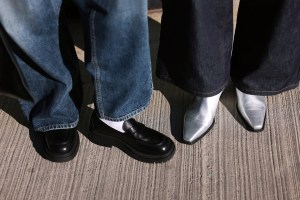You’d think that one of the perks of getting older would be not having to worry about breakouts, but acne can follow you well into adulthood — and it’s tricky to manage since it can be hard to pin down the root cause. Pimples are inherently unpredictable, and can pop up out of the blue at the most inconvenient times. One of the long-rumored causes is greasy food — but is the connection between greasy food and acne a reality or just a myth? Before you give up pizza in the name of healthier skin, it’s worth taking a look at the science. Here’s what the experts say about the correlation between eating greasy food and skin breakouts.

What Is Acne?
Acne is a skin condition where hair follicles become clogged and inflamed. These obstructions, often caused by a mix of dead cells and natural oils, prevent pores from properly draining, thus leading to unsightly pimples and zits.

Why Do People Associate Acne With Greasy Food?
Given that acne is so closely tied to a buildup of oils, many people naturally assume that oily foods must exacerbate the problem. And while common fare such as pizza and fried chicken do contain fatty acids that may contribute to inflammation throughout the body, science has yet to find a definitive connection between eating greasy food and increased acne flare-ups.

What Do Experts Say?
Although the long-held belief about greasy foods contributing to acne is considered a myth, diet may affect the skin in other ways. The American Academy of Dermatology says that while there isn’t definitive evidence that high-glycemic foods (such as doughnuts or french fries) cause or worsen breakouts, there is some research suggesting that low-glycemic foods such as fruits and vegetables could help lessen them. In a handful of small studies, patients on low-glycemic diets had less acne and/or needed less acne medication by the end of the trial period.
Experts believe this relates to blood sugar. Consuming high-glycemic foods can lead to spikes in blood sugar, which in turn causes inflammation throughout the body, as well as increased sebum. People who follow a low-glycemic diet, however, are less prone to these spikes.

Does External Grease Play a Role?
While the connection between eating greasy food and acne remains unproven, cooking or handling greasy food could be another story. People who work in fast-food restaurants, for example, may inadvertently spread oil from a deep fryer to their to their face without realizing it.
The best method for prevention here is washing your hands. Whether you’re preparing a meal or chowing down on some chicken tenders, avoid touching your face before washing your hands. And be sure to use soap and water after handling any greasy foods.
This article is for general informational purposes only.
Affiliate Disclaimer Medical Disclaimer













 Unique Beauty is free for all users.
Unique Beauty is free for all users.